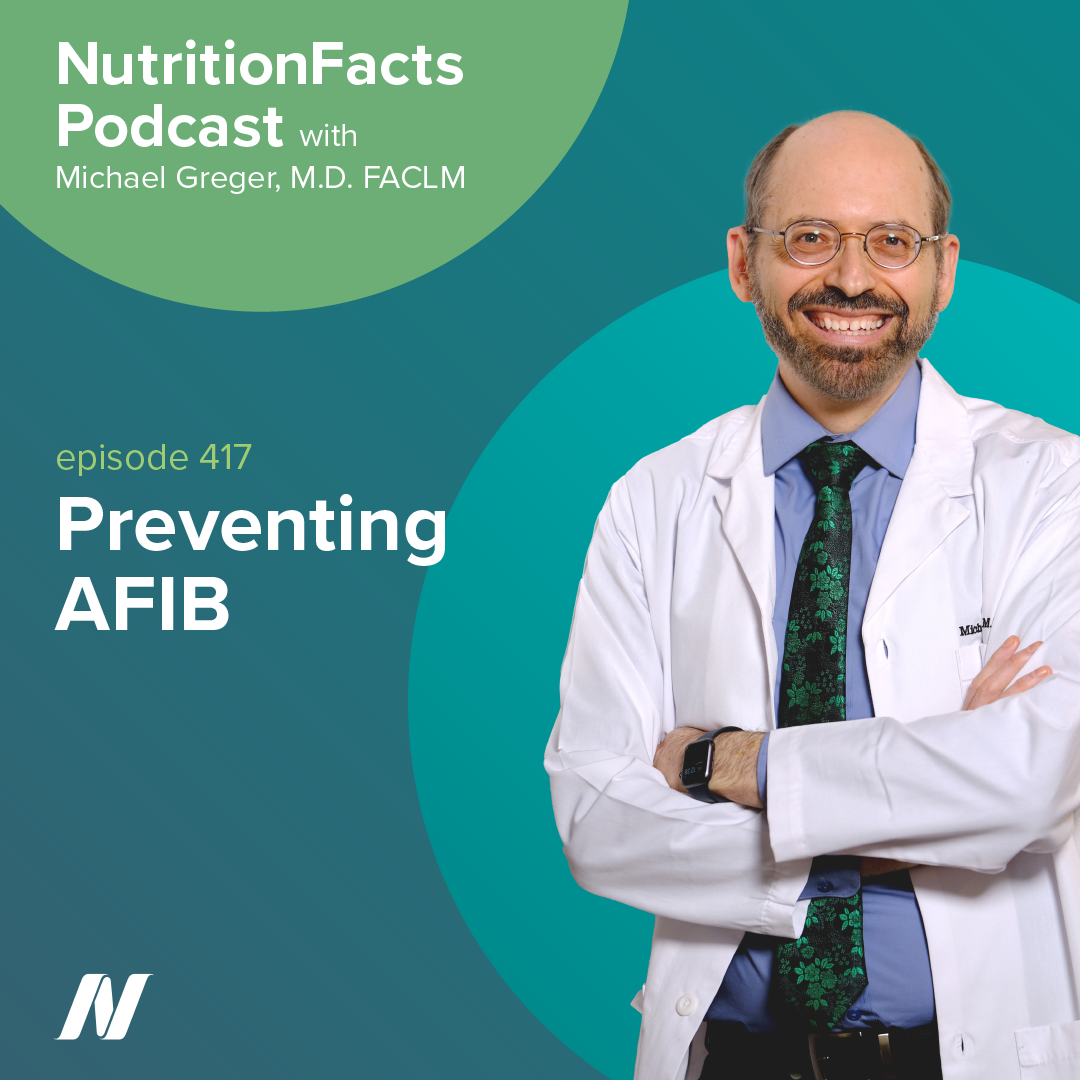Preventing Atrial Fibrillation: The Best Diet for Heart Health
Atrial fibrillation, commonly known as AFib, is a heart condition that leads to irregular heartbeats and can affect millions of people worldwide. As more individuals are diagnosed with AFib each year, understanding how to prevent it becomes crucial. One of the most effective ways to mitigate the risk of developing AFib is through a heart-healthy diet. In this article, we’ll explore the best dietary choices to help prevent AFib and support overall heart health.
Understanding Atrial Fibrillation
AFib occurs when the heart’s upper chambers (the atria) experience chaotic electrical signals, leading to an irregular and often rapid heartbeat. This condition can increase the risk of serious complications, such as stroke and heart failure. It’s essential to recognize the symptoms of AFib, which may include palpitations, shortness of breath, and fatigue.
The Role of Diet in Preventing AFib
Research has shown that a healthy diet can significantly influence heart health and reduce the risk of AFib. Here are some dietary strategies to consider:
1. Embrace Whole Foods
Whole foods, such as fruits, vegetables, whole grains, lean proteins, and healthy fats, are packed with nutrients that support heart health. Incorporating a variety of colorful fruits and vegetables can provide antioxidants and anti-inflammatory properties that may help reduce the risk of heart conditions.
2. Limit Processed Foods
Processed foods often contain high levels of sodium, sugar, and unhealthy fats. Reducing your intake of these foods can help lower blood pressure and decrease the risk of AFib. Instead, opt for fresh, unprocessed options whenever possible.
3. Choose Healthy Fats
Incorporating healthy fats, such as those found in avocados, nuts, seeds, and olive oil, can promote heart health. These fats can help lower cholesterol levels and reduce inflammation in the body.
4. Monitor Your Sodium Intake
High sodium intake is linked to increased blood pressure, which can contribute to the development of AFib. Aim to limit your sodium intake by avoiding processed and packaged foods and seasoning your meals with herbs and spices instead of salt.
5. Stay Hydrated
Proper hydration is essential for maintaining heart health. Drinking enough water can help regulate blood volume and support overall cardiovascular function. Aim for at least eight glasses of water a day, or more if you’re active.
6. Consider the Mediterranean Diet
The Mediterranean diet, rich in fruits, vegetables, whole grains, fish, and healthy fats, has been associated with a lower risk of heart disease and AFib. This diet emphasizes plant-based foods and healthy fats, making it a great choice for heart health.
Additional Lifestyle Changes
In addition to dietary changes, there are other lifestyle adjustments that can help prevent AFib:
1. Regular Exercise
Engaging in regular physical activity can improve heart health and help maintain a healthy weight. Aim for at least 150 minutes of moderate-intensity exercise each week.
2. Manage Stress
Chronic stress can have a negative impact on heart health. Incorporate stress-reducing activities into your routine, such as yoga, meditation, or spending time in nature.
3. Avoid Excessive Alcohol and Caffeine
Excessive consumption of alcohol and caffeine can trigger AFib episodes in some individuals. Moderation is key, so be mindful of your intake.
Conclusion
Preventing atrial fibrillation is possible with the right dietary choices and lifestyle changes. By embracing whole foods, minimizing processed foods, and adopting a heart-healthy diet, you can reduce your risk of AFib and support your overall well-being. Remember to consult with a healthcare provider for personalized advice and guidance tailored to your specific health needs.

